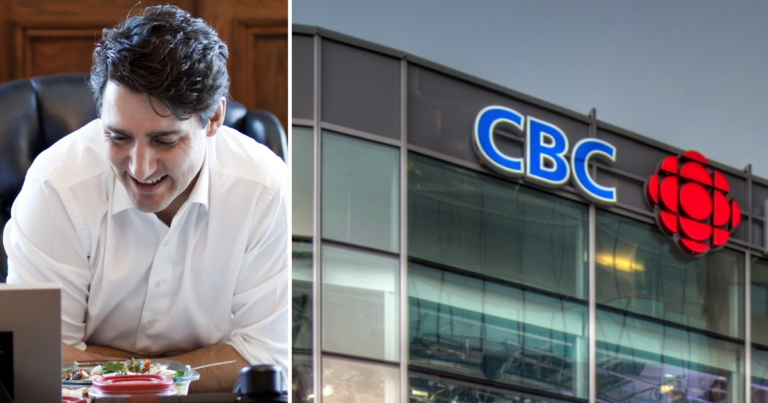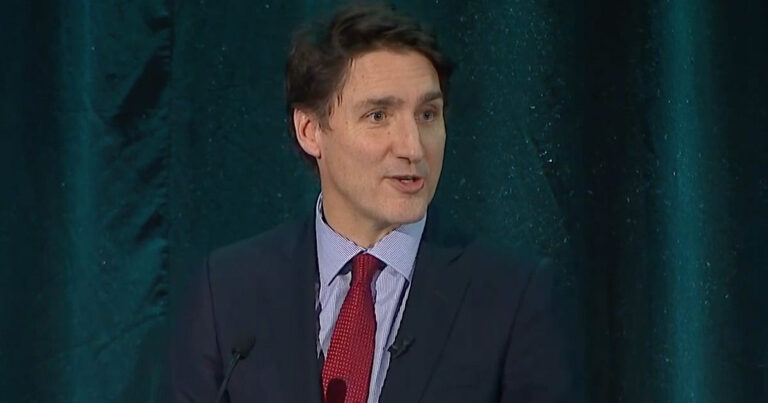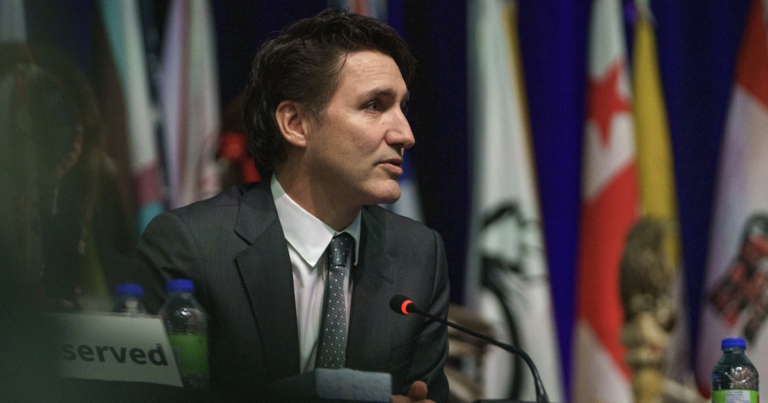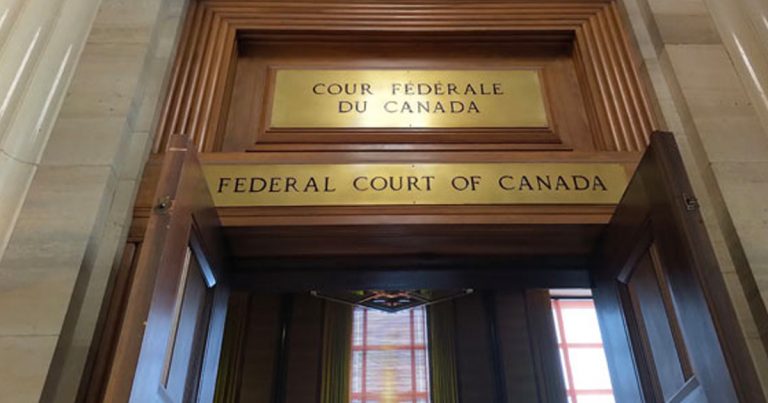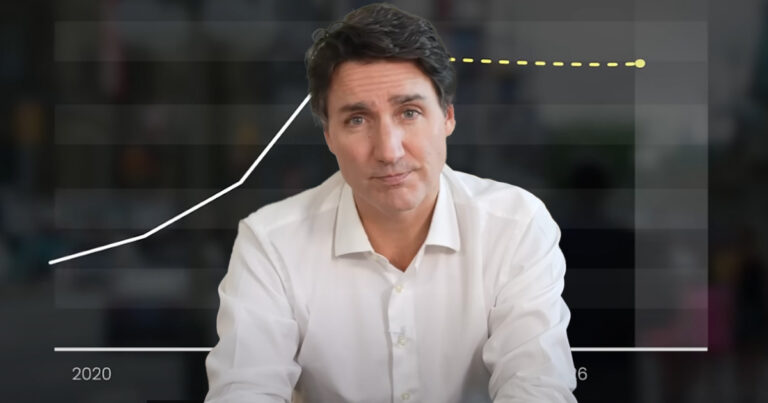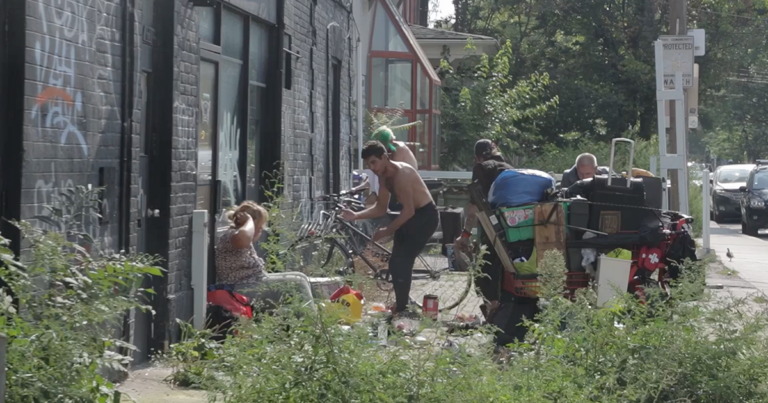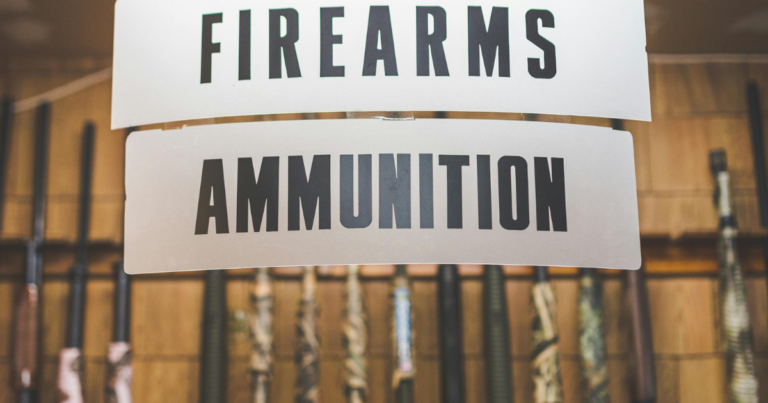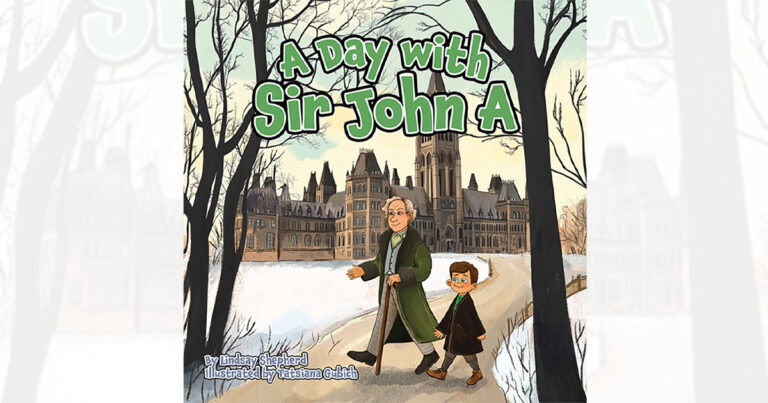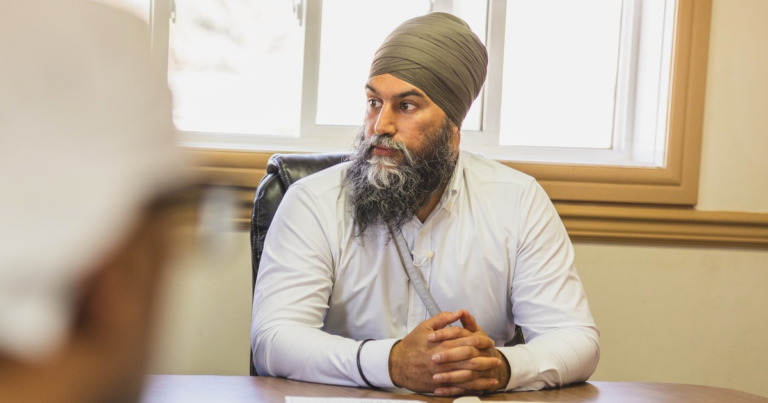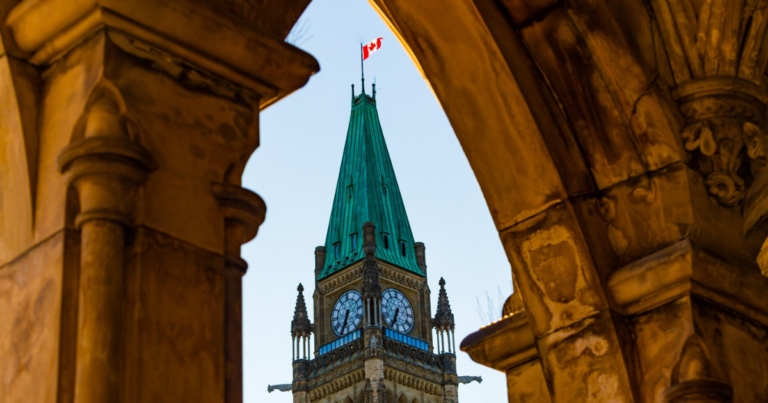Remember watching The Simpsons on the CBC after school?
The Cape Fear homage was a great episode where an FBI agent is desperately trying to change the family’s last name to Thompson.
After hours of explanation, Marge has given up, the kids have fallen asleep and the agent says, “When I say ‘Hello Mr. Thompson’ and press down on your foot, you smile and nod. Got it?!”
Homer did not get it.
The Liberal members of Parliament on the heritage committee still don’t get it either. Just before the Christmas break, the committee sent a report to the House of Commons telling the Trudeau government to give the CBC even more money.
“That the Government of Canada provide a substantial and lasting increase in the parliamentary appropriations for CBC/Radio-Canada, allowing it to eliminate its paid subscription services and gradually end its reliance on commercial advertising revenues,” reads the report.
More money? The CBC already takes $1.4 billion year from taxpayers. Are they trying to get blood from a stone?
The amount of money we hand to the CBC every year could already cover the salaries of about 7,000 police officers and 7,000 paramedics.
If Trudeau’s MPs want to give the CBC more money so the state broadcaster can get rid of its subscription and advertising money, that means a huge price for taxpayers.
According it’s latest annual report, the CBC collected about $493 million in revenue other than government funding in 2023-24, the bulk being advertising and subscription fees.
So, these Trudeau government MPs want taxpayers to fund the CBC to the tune of about $2 billion per year.
We need to do the exact opposite.
The CBC should be defunded for three key reasons.
The CBC is a huge waste of money, nearly nobody is watching it and journalists should not be paid by the government.
The MPs on the heritage committee are well aware of this.
And we know they know because the Canadian Taxpayers Federation told them to their faces in testimony at the committee.
CBC CEO Catherine Tait repeatedly testified at the committee and each time she inadvertently made a stronger case to defund the CBC, due to her entitlement and lack of accountability.
Tait refused to say if she will take a severance when she leaves the CBC in the New Year, saying it’s a personal matter.
It’s not personal if it’s taxpayers’ money.
Documents obtained by the Canadian Taxpayers Federation show Tait is being paid between $460,000 and $551,000 this year, with a bonus of up to 28 per cent.
That’s a bonus of up to $154,448. That’s more than the average Canadian family earns in a year.
Just before Christmas last year, Tait cried poor to the committee and afterwards the CBC announced layoffs in its newsrooms.
Documents obtained by the CTF show the CBC handed out big bonuses that year, despite the optics, costing taxpayers $18 million.
As the CBC booster club Friends of Canadian Media put it: “This decision is deeply out of touch and unbefitting of our national public broadcaster.”
Even after all of this money, the state broadcaster isn’t even doing a good job attracting a big audience of Canadians.
According to the CBC’s latest quarterly report, CBC News Network’s national audience share is 1.7 per cent.
Documents obtained by the CTF show the CBC’s supper hour newscast drawing microscopic audiences, with 0.7 per cent of Toronto watching the six o’clock news on CBC.
Journalists should not be paid by the government because it’s an obvious conflict of interest.
As a journalist, you can’t hold a powerful government to account if you’re counting on that powerful government for your paycheque.
Government funding of media has contributed to the vanishing of trust in the news media, with 61 per cent of Canadians saying they think journalists are “purposely trying to mislead people by saying things they know are false or gross exaggerations.”
CBC’s entertainment programming barely fares better. The Murdoch Mysteries, which is not produced by the CBC, pulls in its biggest audience with about 1.9 per cent of the population tuning in.
The politicians on the heritage committee know all of this, and yet, like Homer Simpson, they are not getting the message.
If the CBC needs money, it should earn that money itself.
Taxpayers can’t afford the state broadcast’s bill now, let alone hundreds of millions more.
It’s time to defund the CBC.
Kris Sims is the Alberta director for the Canadian Taxpayers Federation and a former member of the Parliamentary Press Gallery.
